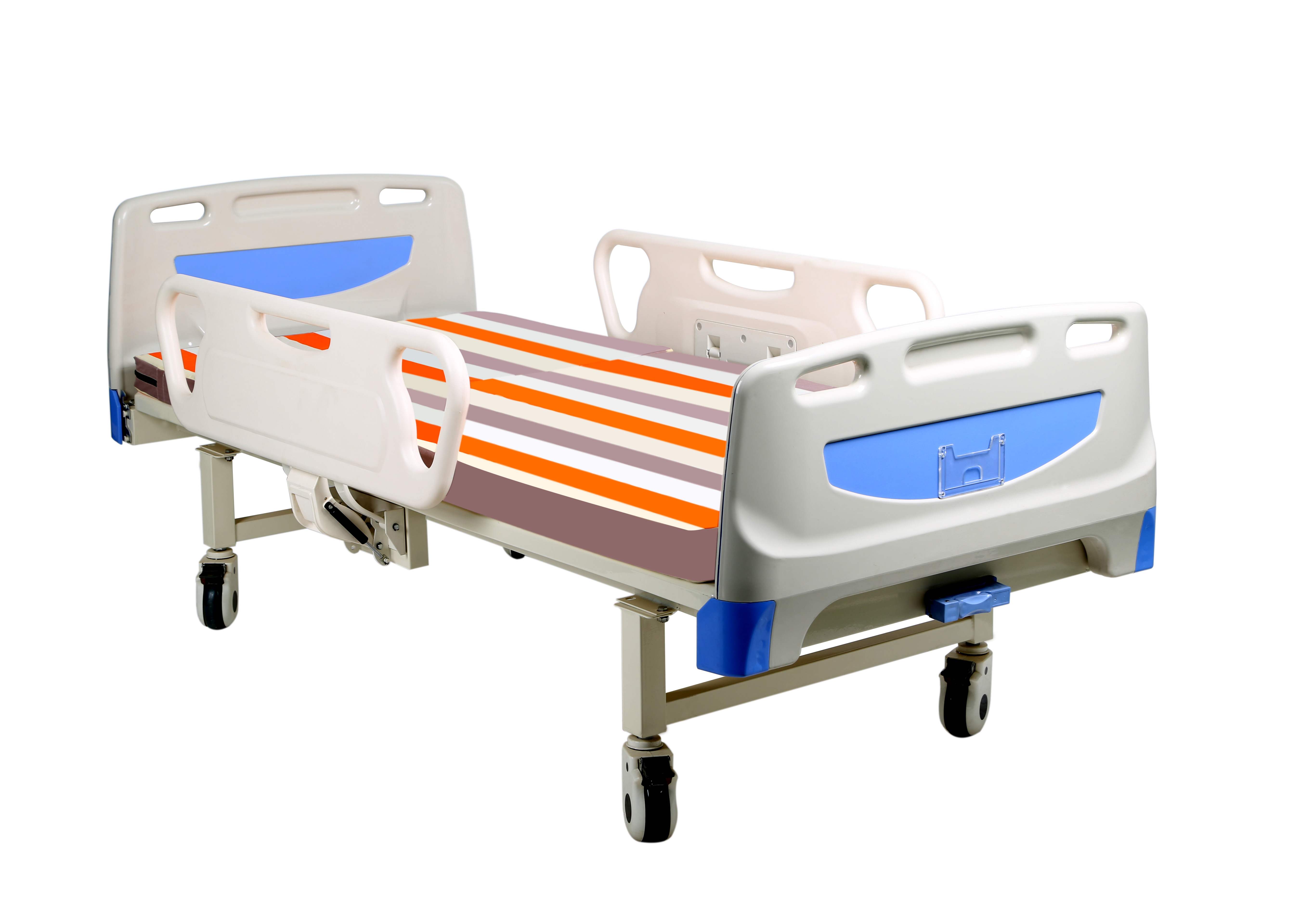Welcome to our websites!
Choosing the Right Rollator Walker for Enhanced Mobility and Independence
Understanding Rollator Walkers A Comprehensive Guide
In recent years, the demand for mobility aids has significantly increased, especially among the elderly and individuals recovering from surgery or injury. Among these aids, the rollator walker has emerged as a popular choice, providing users with both stability and ease of mobility. This article will explore the features, benefits, and considerations associated with rollator walkers, shedding light on why they are a preferred option for many.
What is a Rollator Walker?
A rollator walker is a mobility aid equipped with wheels, handlebars, and a seat. Unlike traditional walkers that rely on lifting and moving, rollator walkers allow users to push the walker forward, using it as a support while walking. Most models come with three or four wheels, and there are options with either fixed or swivel wheels, catering to different user preferences and environments.
The design usually includes brakes on the handlebars, allowing users to stop safely whenever needed. Many rollators also feature a built-in seat, enabling users to take breaks when fatigue sets in, making them ideal for longer outings, whether in parks, malls, or medical facilities.
Benefits of Rollator Walkers
1. Enhanced Mobility One of the primary benefits of using a rollator walker is the enhanced mobility it provides. The wheels enable smooth movement, making it easier to navigate various terrains, including indoor spaces, sidewalks, and uneven surfaces.
2. Stability and Support Rollators offer superior stability compared to traditional walking aids. This stability is crucial for users who may have balance issues, as the design helps prevent falls and accidents.
3. Comfort The built-in seat allows users to rest whenever necessary, reducing fatigue during extended periods of walking. This feature is particularly beneficial for individuals who can walk for short distances but may require rest frequently.
4. Storage Many rollators include storage compartments or baskets, providing users with a convenient space to carry personal belongings, groceries, or medical supplies, promoting independence.
a rollator walker

Considerations When Choosing a Rollator Walker
When selecting a rollator walker, it is important to consider several factors to ensure it meets the user’s specific needs
1. Weight Capacity Different models have varying weight capacities. It’s vital to choose a rollator that can support the user’s weight for safety and stability.
2. Wheel Size The size of the wheels can affect maneuverability. Larger wheels are better for outdoor use on uneven surfaces, while smaller wheels are ideal for indoor environments.
3. Foldability If the user plans to transport the rollator frequently, consider a foldable model for easier storage and portability.
4. Braking Mechanism Test the brakes to ensure they provide secure stopping power. Some models offer hand brakes, while others have push-down brakes.
5. Comfort Features Look for padded handles and the seat material, ensuring that it provides comfort during use.
Conclusion
Rollator walkers represent an important advancement in mobility aids, promoting independence and enhancing the quality of life for many individuals. Their combination of mobility assistance, comfort, and safety features makes them an ideal choice for those seeking to maintain an active lifestyle despite mobility challenges. As with any mobility aid, it’s essential to assess individual needs and consult with healthcare professionals when selecting the appropriate model. With the right rollator walker, users can enjoy increased mobility, safety, and confidence in their daily activities.
-
Transforming Healthcare with Hospital FurnitureNewsJun.24,2025
-
Rehabilitation EquipmentNewsJun.24,2025
-
Mobility and Independence with WheelchairsNewsJun.24,2025
-
Freedom of Mobility with Our Rollator WalkersNewsJun.24,2025
-
Comfort and Independence with Commode ChairsNewsJun.24,2025
-
Bathing Safety and Independence with Shower ChairsNewsJun.24,2025
-
Navigating the Wholesale Landscape of Electric Mobility Solutions: Key Considerations for Power Wheelchair DealersNewsJun.10,2025











